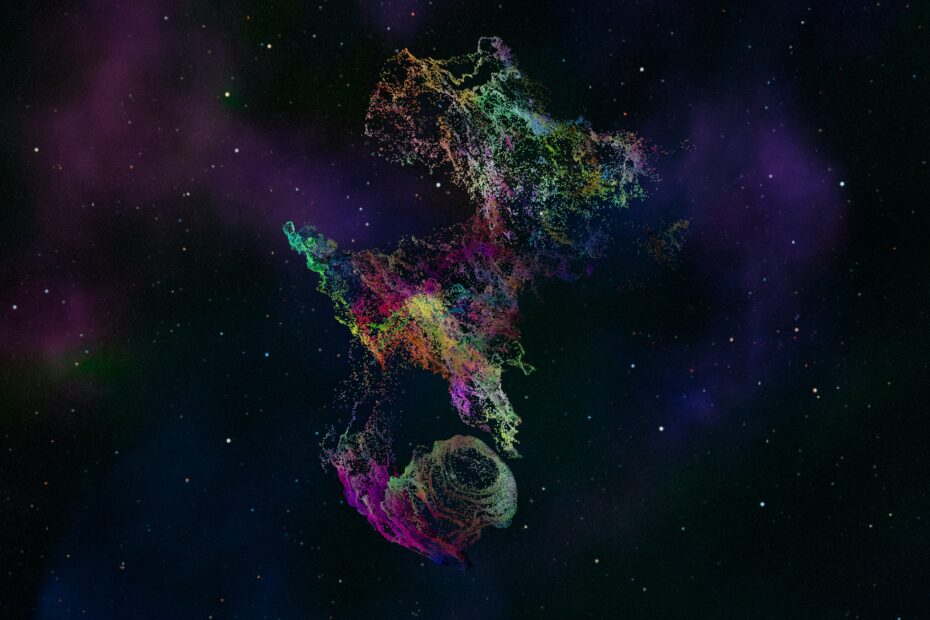It behooves (literally, puts cloven hooves on) any feature that claims to have any degree of topicality to add to its roster of characters as circumstances in the world change in order to better reflect those new circumstances. With this principle in mind, I would like to introduce the latest addition to the Les Pages aux Folles canon: Achmed al-Katani.
“Hello.”
Achmed was born in Lebanon, but his parents moved to Canada in the early 1980s when he was just two years old.
“Needless to say, I don’t really remember any of it. As far as I’m concerned, I’m a typical Canadian.”
His father being a successful architect, Achmed grew up in middle class comfort.
“I won’t deny it – I just ask that you get to know me before you judge me.”
That makes it all the more harder to understand why Achmed plans on committing a terrorist act in the country that welcomed him so warmly.
“WHAT?!”
Although nobody noticed, Achmed grew up bitter and alienated.
“Of course I was bitter and alienated – I grew up in Scarborough!”
Achmed came to despise the materiality of the society in which he grew up.
“Despise the materiality of the socie – what about my iPod nano? What about my Nintendo DS? I’ve got a home computer that probably costs more than you make in a year – do I sound like somebody who despises material things?”
Achmed is, in many ways, a typical suburban young man. Unfortunately, he fell under the sway of a radical Imam who, using passages from the Koran, convinced him that he must fight the Infidel West and, in particular, the Jews who controlled Western media and governments.
“Oh, man, you’re freaking me out, here. In the first place, the Qur’an is a book about love and living a righteous life – a peaceful life. If some people use it as the basis to preach hatred, they are misinterpreting it, much like people who use the Bible to support wars. And, what’s this nonsense about Jews? I’m a New Media student at Ryerson – some of my teachers and fellow students are Jewish, and we all get along just fine.”
In fact, Achmed has planned to strap homemade explosives to his chest and blow up Queen’s Park this coming Tuesday.
“See, that’s just not right. Tuesday, I have to work on my thesis project. Are you even listening to anything I say?”
I beg your pardon?
“Are you listening to anything I say?”
Were you saying something?
“This radical Islamic bogeyman you’re describing – oooh waaah – it’s not me.”
But, it’s my canon you’re being added to.
“Yeah, but it’s me. I think I know myself better than you do.”
Look…you believe that the Israelis have treated the Palestinians mercilessly, and the only way to lasting peace is for Israel to accept a Palestinian state, don’t you?
“Sure. So what? A lot of Jews believe that. Hell, you believe that.”
Yes, but I’m not an Arab.
“Okay, but, still, you can believe in a negotiated two state peace without being an Islamo-fascist terrorist.”
…Okay, look, here’s the thing. I wanted to add you to the canon so that I could explore why people in this culture would violently reject it.
“The whole ‘homegrown terrorist’ angle? I get it. I do. The thing is, though, there have already been a dozen books and movies on the subject. John Updike is just the latest. I mean, John freaking Updike! When he writes a political book, you know the subject has been exhausted.”
What’s the point, then? Why should I bother to introduce you into my canon?
“Well…I could represent all of the Canadians of Arab descent who have integrated comfortably into North American society. The peaceful Arabs, the ones who are happy to have had the opportunity to live and grow in such a wonderful country. You know, the vast majority of us who are rarely portrayed in the news or in fiction.”
Couldn’t you be a little bit of an Islamo-fascist terrorist?
“A little bit?”
You know. On weekends or something like that.
“Sorry, man.”
Will you think about it?
“Really. It’s just not me. But, don’t worry.”
No?
“Absolutely not. In today’s political climate, portraying Arabs as ordinary people is the most radical thing you could do in your writing.”


